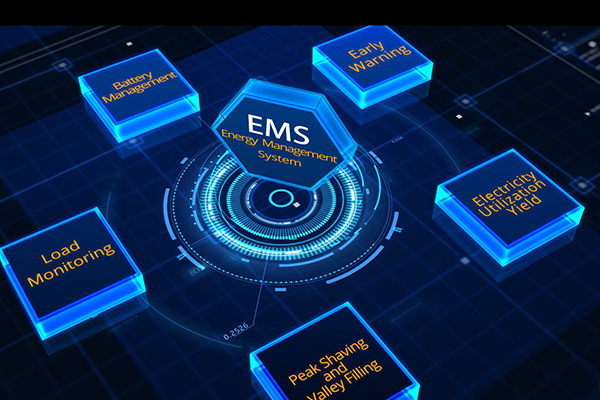Energy storage systems (ESS) are revolutionary technologies that store energy for future use, playing a critical role in balancing energy supply and demand. They are essential for integrating renewable energy sources, enhancing grid stability, and improving energy efficiency.
What Is an Energy Storage System?
An ESS captures energy from various sources, such as solar panels or the grid, and stores it for later use. The stored energy can be discharged when needed, ensuring a consistent and reliable energy supply.
Types of Energy Storage Systems
1. Battery Energy Storage Systems (BESS): Utilize rechargeable batteries like lithium-ion for high efficiency and portability .
2. Mechanical Storage: Includes pumped hydro storage and flywheels, which store energy in the form of potential or kinetic energy.
3. Thermal Storage: Stores excess heat energy, commonly used in industrial applications and heating systems.
Energy Storage System Benefits
– Renewable Energy Integration: ESS enables the storage of solar and wind energy for use during non-productive periods.
– Grid Stability&Economy: Provides backup during peak demands, preventing blackouts .
– Sustainability: Reduces reliance on fossil fuels, contributing to a greener future.
As energy demands grow and renewable sources gain traction, energy storage systems are poised to be the backbone of modern energy infrastructures.











